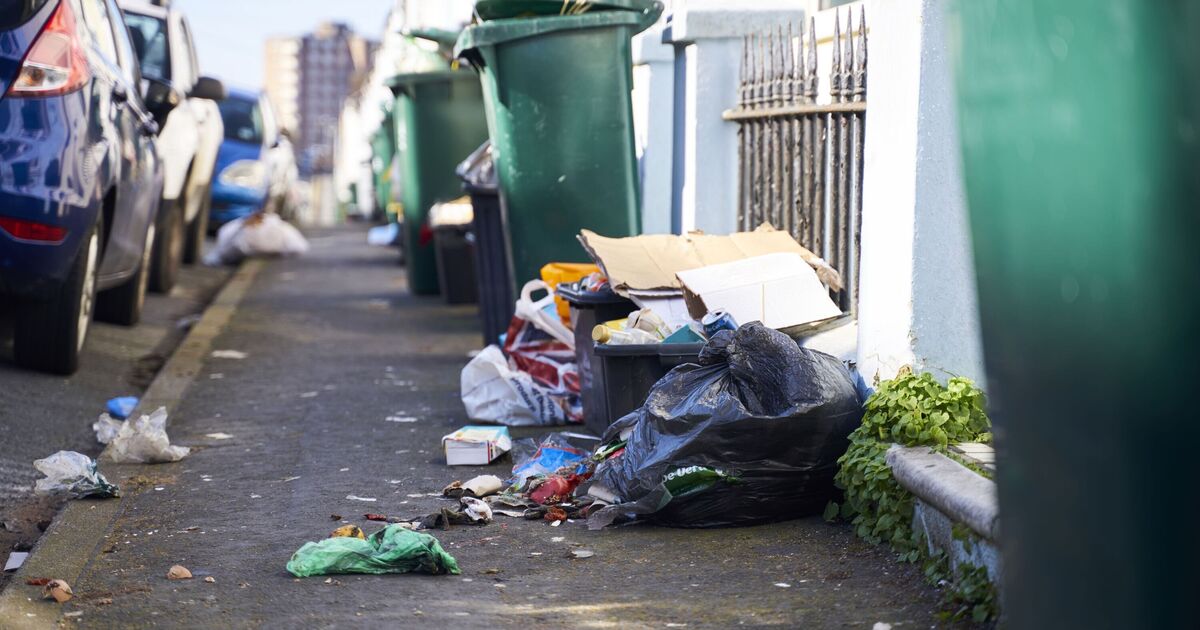Bin rules in England are set to change, and authorities have announced the date from which each household must segregate waste under the new guidelines. The new rules will be implemented from April next year and include a separate weekly collection for food waste and households.
Under the updated bin guidelines, homes and businesses will be required to use separate containers for residual waste (non-recyclable), food waste – which may be combined with garden waste where appropriate – paper and cardboard, and other dry recyclables like plastic, metal, and glass. Container types may vary, including options such as bins, bags, or stackable boxes.
According to a statement from the government’s ‘Simpler Recycling’ strategy: “Councils and other waste collectors will still have the flexibility to make the best choices to suit local need.
“This is a sensible, pragmatic approach to the collection of materials for every household and business in England.
“We will make recycling easier: citizens will be able to recycle the same materials across England whether at home, work or school, and will no longer need to check what is accepted for recycling in their local area.
“A universal standard will ensure that everything that can be collected for household recycling is collected in every region.”
The government intends to roll out kerbside plastic film collections by March 31, 2027 as part of its wider waste reforms.
These changes will standardise recycling practices across councils, aiming to eliminate the current ‘postcode lottery’ and, according to the Labour-led administration, significantly improve national recycling rates.
Household recycling rates in England have stalled at around 44%-45% since 2015, reports Birmingham Live. By March 2026, all households must have collections for key recyclables, and most homes will get weekly food waste collections.
A year later, in March 2027, households will be able to recycle plastic film from the kerbside, a service already available to some businesses.
A government spokesperson said: “We will continue to work closely with local authorities, businesses, relevant non-domestic premises, the waste industry and producers to support implementation.”
